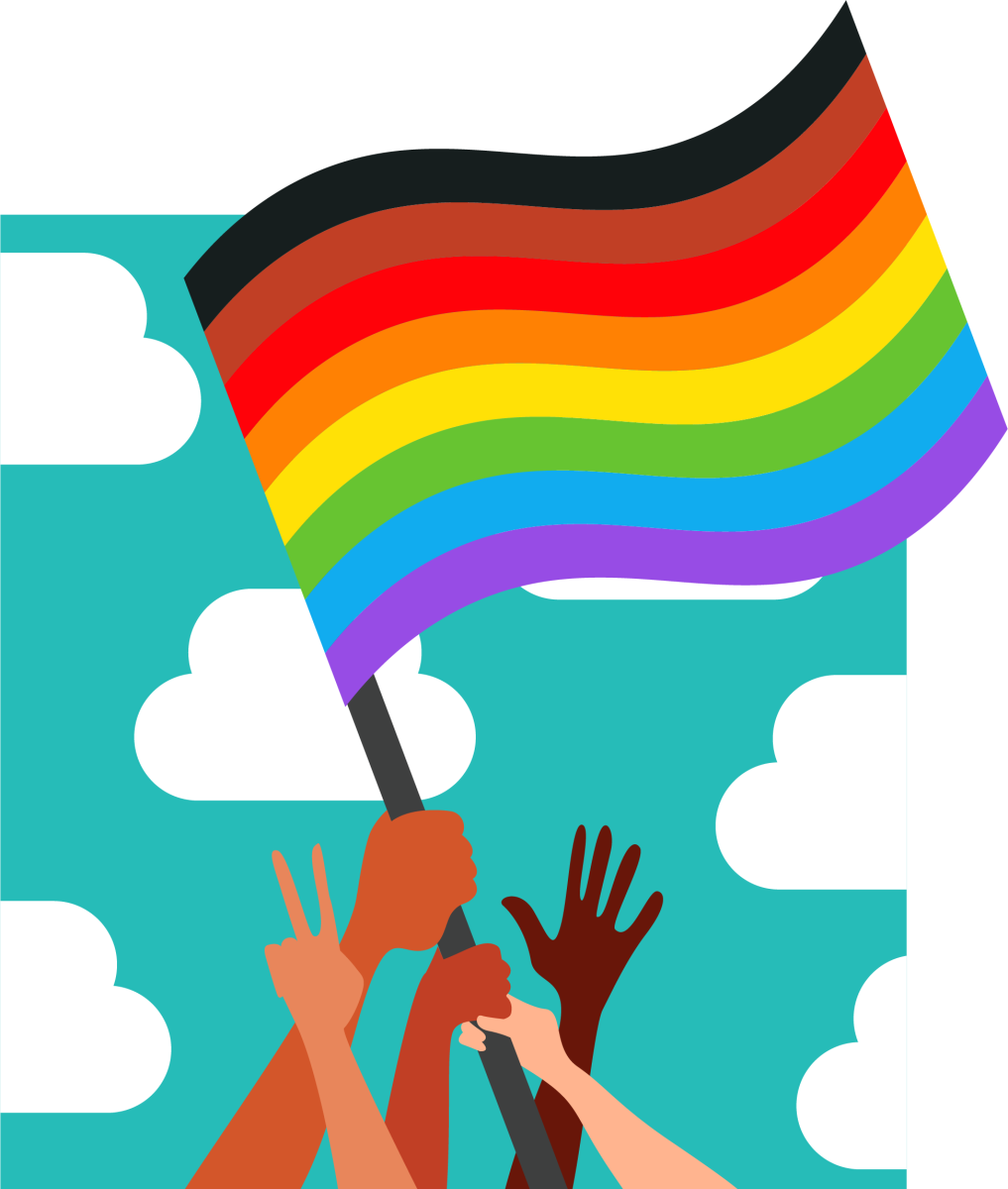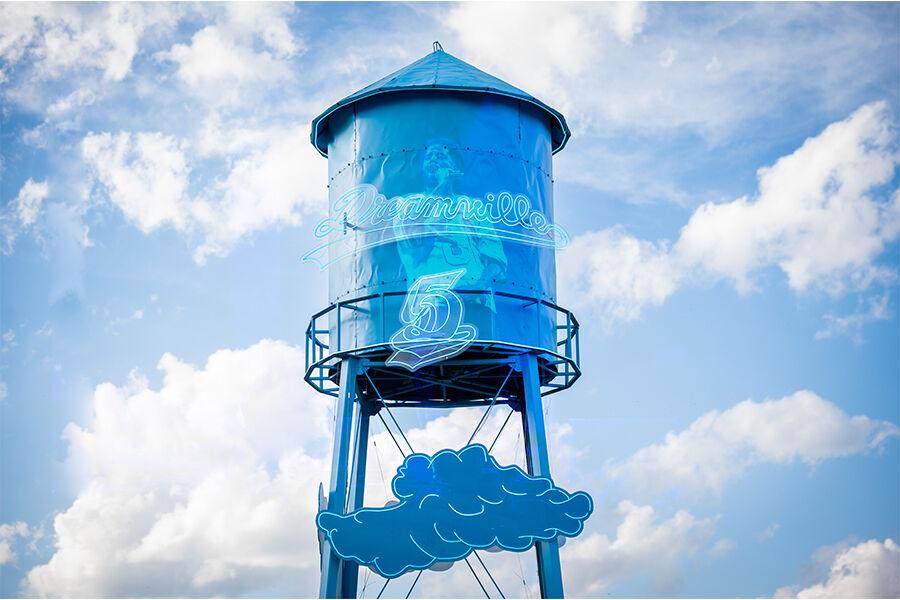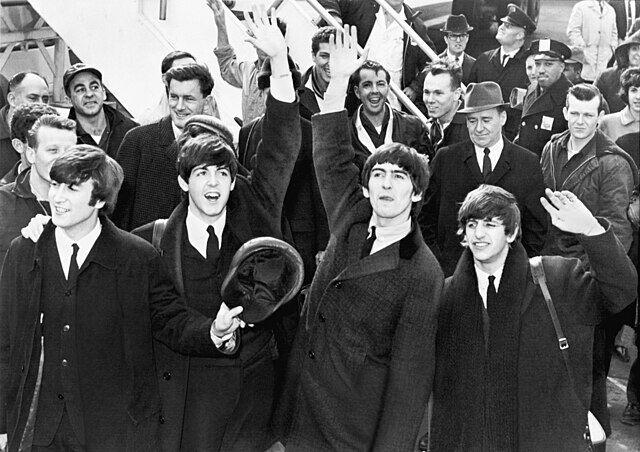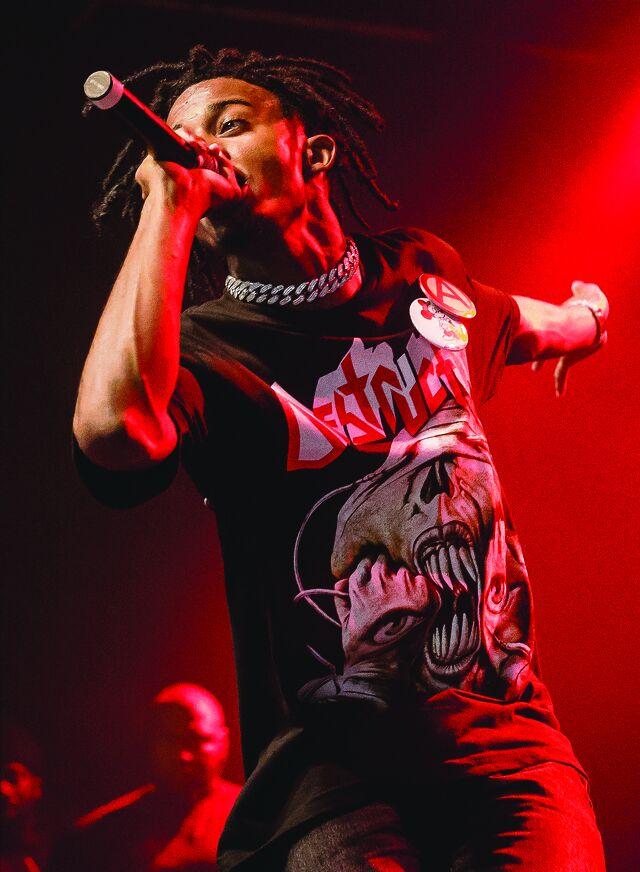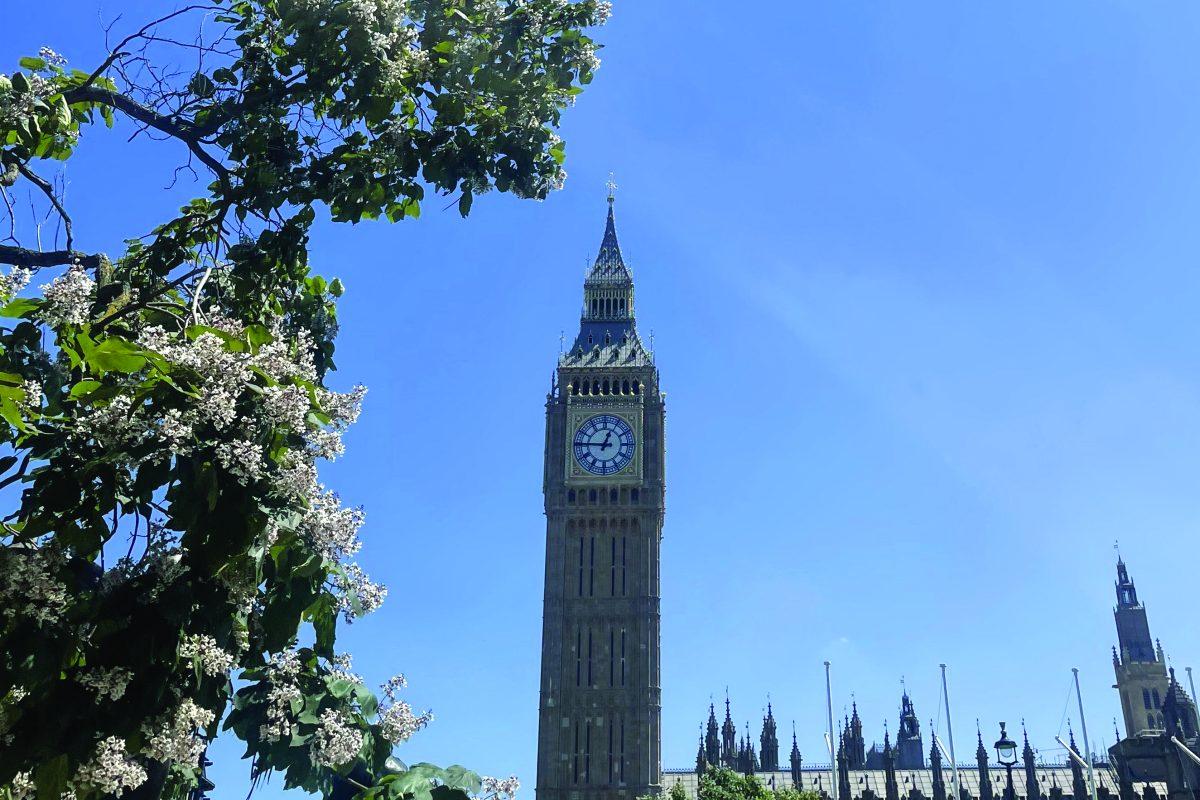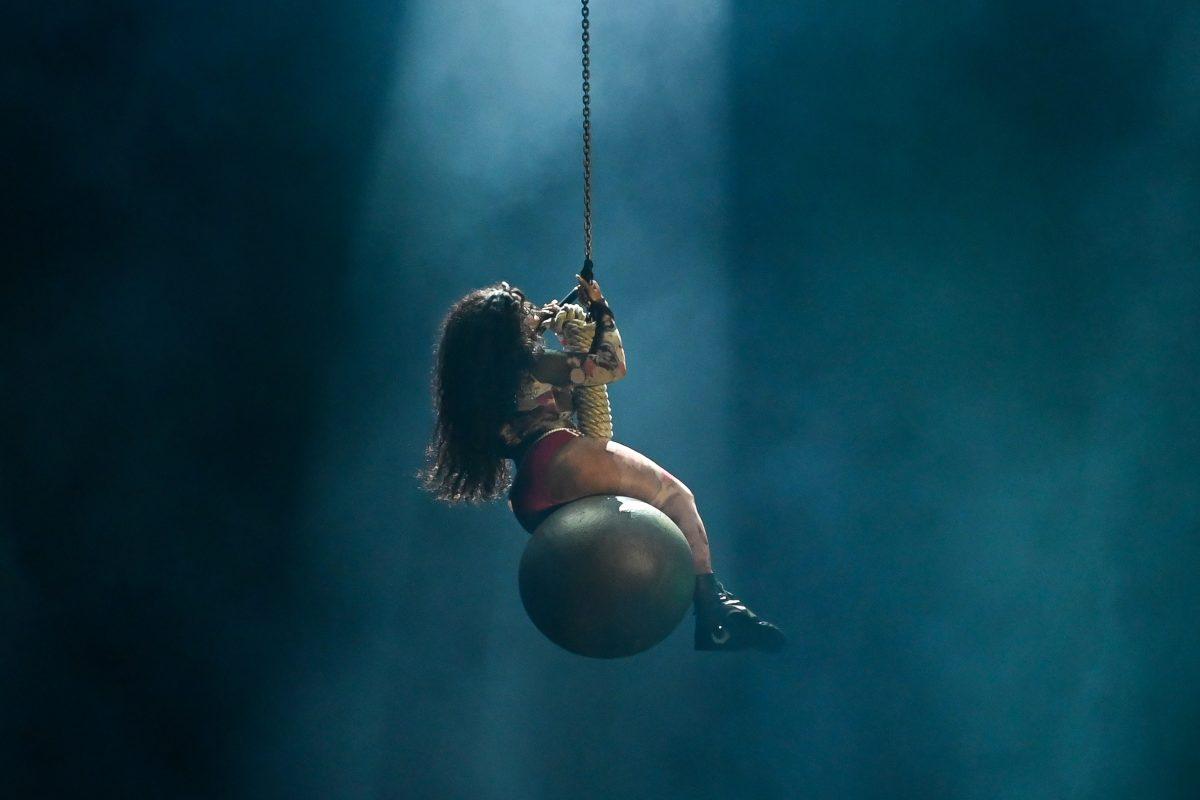“We’re gonna be something.” These words echo through the 2018 film “Rafiki,” a film both welcomed to the most prestigious film festival in the world and banned by its home country, Kenya. This week, the GLBT Center is screening the film in correspondence with National Coming Out Day. Directed by Wanuri Kahiu, a prominent Kenyan filmmaker, “Rafiki” is a vibrant picture of young love and homosexuality in a city where prejudice is the norm.
Opening with a sequence of daily life in Kenya’s capital, Nairobi, the film paints a portrait of a bustling, brightly-colored city, with people tending to their shops, dancing and playing games. Kena, the protagonist of the film, skates through the streets, taking in her surroundings and trying to understand her place in it all.
Kena’s life is complicated. Her parents aren’t speaking and her father is running for office, a position which puts her in the public eye. These circumstances make her the subject of all sorts of neighborhood gossip, unwelcome attention for a young woman coming into her own. When Kena meets Ziki, the daughter of her father’s political rival, they have the chance to escape the trappings of daily life and envision an idealized future.
Where Kena is reserved, spending time with male friends that treat her as one of “the guys” while hurling homophobic insults at others, Ziki is fearless and outgoing, inventing new dances with her friends and being unabashedly herself. Even Ziki’s hair becomes a symbol of liveliness: Its candy-colored strands mirroring the brightness of the city.
Kena and Ziki fall in love. To the rest of the world, they are simply one another’s “Rafiki,” Swahili for “friend.” More than friends, though, they go on long dates together — ones where they are so enamored with one another that time cannot keep up. Their mouths become unsynced from the dialogue as they laugh and share their dreams on a secluded rooftop. Intimate scenes are intercut with the moments that precede them, feeling as though everything is happening at once, the way new love so often does.
Despite the laws against homosexuality in Kenya, the film does not shy away from showing the love its characters share. Their first kiss, washed in the neon and blacklight of a crowded nightclub, is tender and authentic. They don’t run towards each other in the throws of passion, but instead, dare to look one another in the eye, embracing the awkward slowness of a first kiss, of young love, of first love.
“Choose wisely, Kena,” her mother tells her. Kena hopes to be a nurse, while Ziki wants to travel the world, visiting all the countries where they’ve “probably never seen an African.” Kena does have a choice, and one that is central to the film: to be with Ziki, either privately or publicly, or to uphold her parents’ and community’s ideals. Either way, she loses someone she loves.
Geena Washington, the program coordinator for the GLBT Center, felt that this conflict is important to understand from a global perspective.
“Within the Western context, it’s like you’re out and you’re proud and you say you’re gay and you have rainbows and everything like that, and in other parts of the world, it’s not that way,” Washington said. “That doesn’t necessarily mean that folks aren’t out or aren’t proud, but there are very different cultural contexts for the ways in which those things are described and talked about.”
This is certainly the case with “Rafiki.” Being gay in Kenya is illegal, and when the community learns of Kena and Ziki’s relationship, they face harsh violence and humiliation through a public prayer conversion. And yet, the film does not lose its optimism for love and the ability to overcome. Its ending is wholly heartening and, much like the rest of the film, paints Kenya with beautiful light, despite the political nuance of the nation.
At its core, “Rafiki” is a film about what it means to be in love. It is an entirely paradoxical experience — all at once, it is whispered and shouted, exhilarating and deeply terrifying. Though the film is centered in a world that may seem small or unfamiliar to a Western audience, it could not be more ambitious in scale, both visually and emotionally. To watch “Rafiki” is to truly see a labor of love, in its most pure form.
To get tickets to see “Rafiki,” register here. To learn more about the GLBT Center, visit their website.


